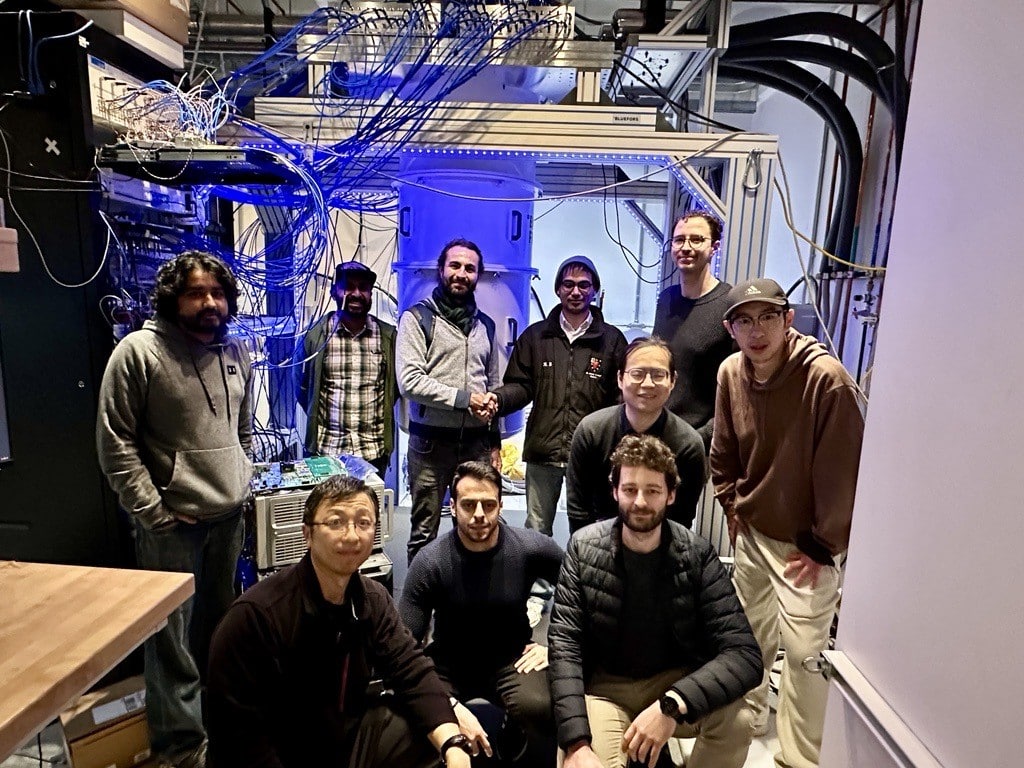Latest News
St Peter’s Research Associate named co-investigator on major Oxford quantum computing hub
23 September 2024
St Peter’s College Research Associate Dr Mustafa Bakr (Department of Physics, University of Oxford) has been named co-investigator on one of five quantum hubs announced this summer by the UK Government. Over £100 million of government funding will back these projects, bringing together researchers and businesses to develop practical uses for quantum technology.
The Oxford-based Hub for Quantum Computing via Integrated and Interconnected Implementations (QCI3) will pursue research according to three major themes:
- Improve quantum computing performance through hardware research to show quantum advantage across several platforms,
- Develop networking technologies to enable quantum technologies to scale to large systems, ultimately creating distributed quantum computing networks,
- Build collaborations with application scientists and engineers to develop algorithms suitable for testing the quantum hardware developed.
The project, led by Professor Andrew Daley (Principal Investigator) and Professor Dominic O’Brien (Director), benefits from UKRI funding and will work closely with industry partners. Dr Bakr’s research, on cryogenic microwave circuits and interconnects for scaling superconducting quantum circuits, will play a crucial role in QCI3. The hub aims to help advance the technologies needed for the UK to play a key role in the development of quantum computers -- a market estimated to be worth $1.3 trillion by 2030.
Learn more about the QCI3 Hub here.

Beyond the Hub for QCI3, Dr Bakr’s research is also supported by the John Fell Fund, a fund that supports ground-breaking research in collaboration with the Lawrence Berkeley National Laboratory (LBNL) and the Quantum Nanoelectronics Laboratory at UC Berkeley. As a result of this funding, Dr Bakr has signed a partnership with UC Berkeley’s Lawrence Berkeley National Laboratory (LBNL). In this work, Bakr and his colleagues develop efficient open-source hardware-software co-design techniques for quantum circuits using Field-Programmable Gate Array (FPGA) boards, enabling control of multiple qubits through direct signal synthesis. This streamlines control systems and enhances adaptability, paving the way for extensive quantum computing systems.
Dr Bakr also received a University of Oxford Award for Excellence in 2023 and 2024. This April, UK Research and Innovation (UKRI) named Dr Bakr one of fifteen rising stars tackling key quantum technologies research challenges.